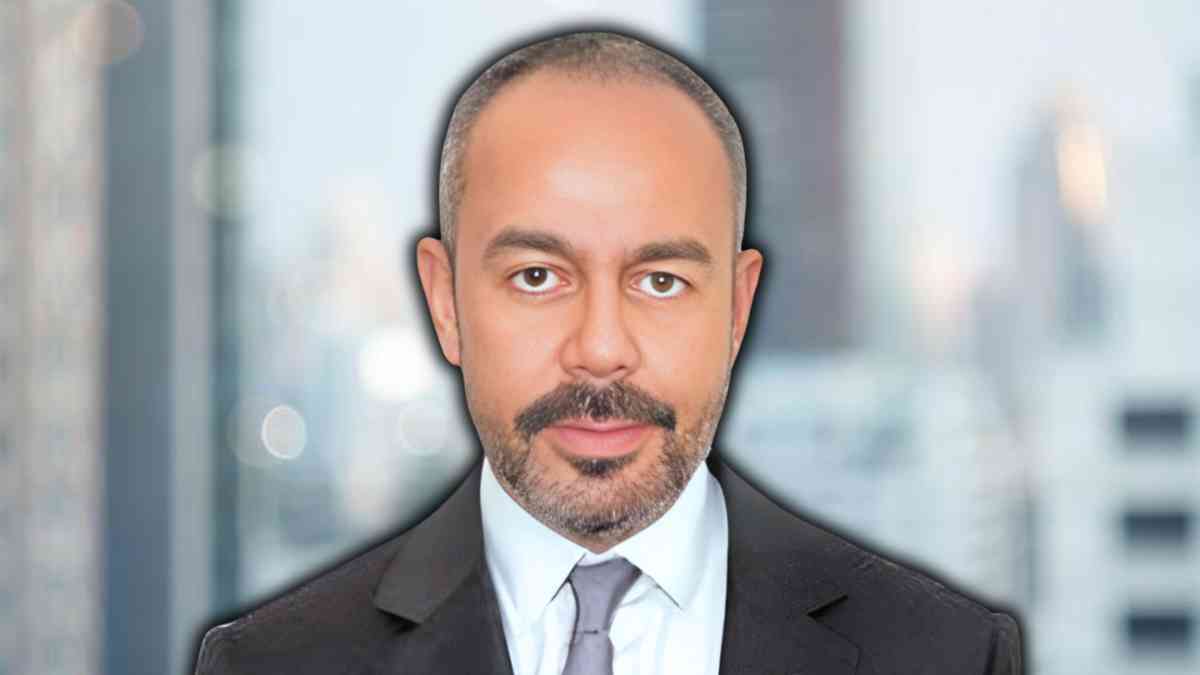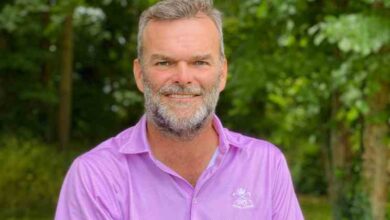David Martinez Businessman: The Stealth Financier Who Turns Crisis into Opportunity

Mention David Martinez in financial circles and you’ll likely hear the same description: “the ghost investor.” Quiet, intensely private, and almost allergic to press interviews, Martinez has reshaped the financial trajectories of nations and global corporations. As the founder of Fintech Advisory, a firm specializing in distressed debt, he has proven that low-profile strategies can yield outsized impact. His story is one of strategic patience, deep analysis, and an uncanny ability to see opportunity where others see collapse.
Early Life and Education
David Martinez Guzmán was born in Monterrey, Mexico, in 1957. Raised in one of Mexico’s major industrial cities, he displayed a unique combination of interests early on—engineering, philosophy, and economics. He earned a degree in electrical engineering from the Monterrey Institute of Technology and pursued theological studies at the Pontifical Gregorian University in Rome. Later, he graduated from Harvard Business School with an MBA, where he developed a strong interest in international finance and emerging markets. This eclectic academic background would shape his unorthodox yet effective investment style.
Founding Fintech Advisory
In the 1980s, Martinez began his finance career at Citigroup in New York, just as Latin America was entering a prolonged debt crisis. Observing the chaos, he realized that sovereign and corporate debt was often mispriced during times of panic. In 1987, he launched Fintech Advisory with a clear mission: to capitalize on mispriced distressed debt in emerging markets.
Unlike traditional investment firms, Fintech Advisory was built to thrive in complexity. Its team consisted of legal experts, economists, and dealmakers who understood the nuances of international finance. From the beginning, Martinez emphasized discretion. He rarely appeared in the media, preferring to let results speak for themselves. This earned him the nickname “the ghost investor.”
Investment Philosophy
David Martinez has a three-part investment philosophy: seek complexity, think long term, and negotiate relentlessly.
Buy into complexity: Martinez targets debt situations others avoid—countries in default, companies on the verge of collapse, legal mazes that scare away typical investors. These cases often offer huge returns if resolved strategically.
Think long term: Fintech Advisory is known for holding distressed assets for years, waiting for the right time to restructure, convert, or exit. Unlike aggressive hedge funds that push for fast settlements, Martinez often becomes part of the solution.
Negotiate with discipline: In high-stakes restructurings, Martinez combines legal expertise with financial creativity. Whether negotiating with governments or corporate boards, he seeks outcomes that align with all parties’ long-term interests.
Notable Investments and Deals
Vitro (Mexico)
In 2009, Vitro, one of the largest glass manufacturers in the world, defaulted on over $1.5 billion in debt. Fintech purchased large amounts of this distressed debt and played a key role in the restructuring process. Martinez used a debt-for-equity swap to gain control of the company. It was one of the most high-profile corporate turnarounds in Mexican financial history.
Argentine Sovereign Debt and Cablevisión
Martinez was deeply involved in Argentina’s financial restructuring during its early 2000s default. He purchased large amounts of distressed bonds and participated in the country’s debt negotiations. His investments extended to Cablevisión, a major telecommunications firm, which eventually merged with Telecom Argentina. His strategy wasn’t just financial—it had political overtones, earning him both allies and critics in the Argentine government.
Banco Sabadell (Spain)
Following the European financial crisis, Martinez acquired a significant stake in Banco Sabadell, one of Spain’s major banks. At a time when investors were avoiding Spanish financial institutions, Martinez saw value. His patience paid off when the Spanish economy began recovering, and Sabadell’s performance improved.
Grupo Televisa (Mexico)
In 2024, Fintech Advisory increased its stake in Grupo Televisa to nearly 8%. This move reinforced Martinez’s confidence in Latin American media and content as long-term assets. The investment also aligned with his history of backing influential companies during moments of transition.
Personal Style and Reputation
David Martinez is known for being one of the most discreet billionaires in the world. He rarely speaks to the press, does not attend public conferences, and maintains a minimal online presence. His financial dealings are often routed through multiple layers of trusts and shell companies, which has led to criticism but also highlights his deep understanding of asset protection.
His reputation is built on discipline, secrecy, and success. In boardrooms, he’s known as a patient yet tough negotiator. Governments often see him as a bridge between creditors and national interests. While some label him a “vulture investor,” others praise him as a lifeline for economies and businesses in crisis.
Art, Property, and Lifestyle
Martinez is an avid art collector with a taste for modern and contemporary pieces. His collection includes works by Rothko, Picasso, and Damien Hirst. He once made headlines for buying an apartment at Manhattan’s Time Warner Center for over $40 million, a purchase that reflected both his wealth and understated style.
He maintains close ties to his hometown in Monterrey and reportedly visits family there frequently. While he has homes in New York and Europe, his roots remain in Mexico, and his philanthropic efforts often benefit local causes, though typically under the radar.
Criticism and Controversy
As with any high-stakes financier, Martinez has faced criticism.
Use of Offshore Structures: Martinez often operates through offshore vehicles and holding companies, which has led to scrutiny over tax avoidance and transparency. While entirely legal, these practices raise ethical questions in public discourse.
Political Connections: In countries like Argentina and Mexico, Martinez’s proximity to government figures has fueled speculation about preferential treatment. Critics allege that some of his deals received favorable regulatory rulings due to political access.
Litigation Strategies: While Fintech typically avoids aggressive lawsuits, it doesn’t hesitate to pursue litigation when negotiations stall. This dual strategy—being cooperative until firm—has earned both praise and pushback.
Legacy and Influence
Few investors can claim to have influenced national economies, major corporations, and global banking institutions from behind the scenes. David Martinez can. His legacy is one of quiet power—using intelligence, discretion, and financial engineering to reshape the futures of companies and countries alike.
For younger investors, his life offers key lessons:
-
Discretion can be a strategic advantage.
-
Complexity creates opportunity.
-
Patience is a superpower in investing.
-
Local knowledge is essential in international finance.
-
Negotiation is just as important as capital.
Conclusion
David Martinez is not a household name, but his fingerprints are all over some of the most significant financial restructurings in recent decades. Whether turning around a struggling Mexican glass giant, influencing media giants, or helping sovereign nations recover from economic collapse, Martinez has demonstrated a masterful approach to risk, reward, and responsibility.



